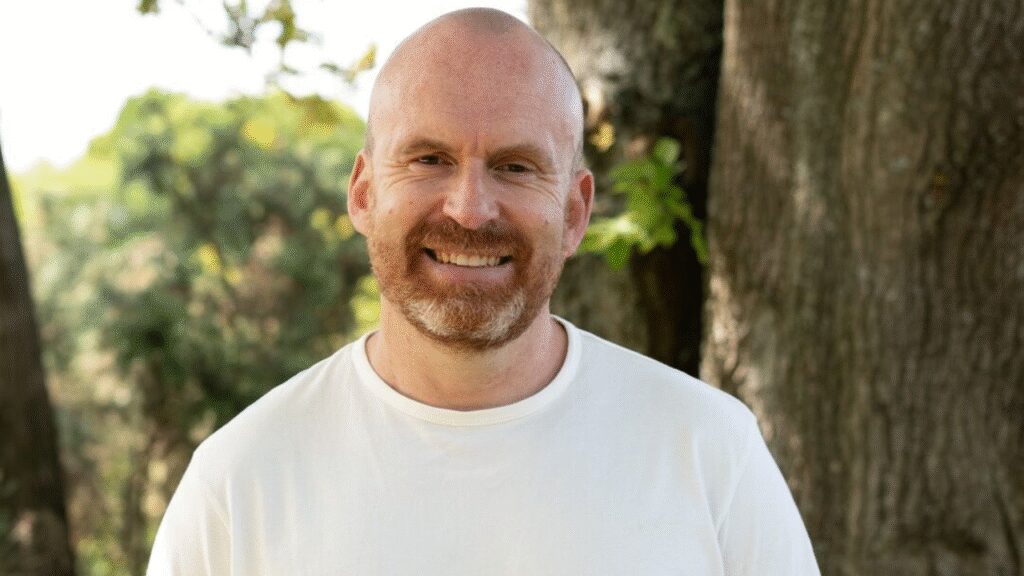Meet the Author Who’s Quietly Changing the Way We Talk About Mental Health (Picture Credit – Amazon)
Haig, a British author whose books straddle the line between fiction and memoir, has emerged as one of the most honest voices in contemporary mental health writing. What makes his work different is not that it’s loud or revolutionary in tone, but that it’s gentle, steady, and deeply human.
He does not write like a distant expert. He writes like someone who’s been there.
From Breakdown to Breakthrough
At the age of 24, Matt Haig nearly took his own life. He was living in Ibiza when depression and anxiety overwhelmed him. In his memoir ‘Reasons to Stay Alive,’ he offers no clinical breakdown of symptoms or textbook definitions. Instead, he opens the door to his own internal chaos and invites readers in. Through short chapters and poetic fragments, Haig describes what it feels like to be at war with your own mind.
Rather than focusing solely on recovery, he emphasises endurance. The idea that survival, in itself, is a victory. The message resonates with those who may not be cured but continue, day by day.
Fiction That Feels Real
Haig’s fiction also weaves in the quiet turmoil of mental struggle. His novel ‘The Midnight Library’, which became a global bestseller, follows a woman caught between life and death, given the chance to explore alternate versions of her life. It’s a story of regrets, second chances, and what it means to truly want to live.
While the book is fictional, the emotions it evokes are very real. Many readers have described it as a book that found them at the right moment. It doesn’t offer a solution to depression, but it does offer a hand to hold.
In his other novels like ‘How to Stop Time’ and ‘The Humans’, characters grapple with loneliness, identity, and the burden of being human. Even when he writes about immortality or alien life, the emotional truths remain deeply relatable.
Writing That Talks to You
One of the most distinctive things about Haig’s writing is its accessibility. There’s no jargon, no intellectual detachment. He speaks directly to the reader in a tone that’s warm, vulnerable, and often witty.
His social media posts and newsletters mirror this voice. He doesn’t pretend to have all the answers. He shares the bad days along with the good, showing that progress is not linear. This honesty has built a strong community of readers who feel seen, heard, and less alone.
The Power of Saying the Unsaid
Haig is often criticised by some literary purists who prefer more abstract, cerebral depictions of mental illness. But it’s precisely his clarity that has helped countless people articulate their pain. For many, his words put into language what they could never quite say themselves.
By demystifying mental health and removing its clinical coldness, he has helped shift the conversation toward empathy and understanding. He reminds us that mental health is not about weakness or failure, but about being human in a complicated world.
Beyond the Page
Haig’s impact isn’t limited to his books. He’s been a vocal advocate for mental health awareness in interviews, podcasts, and public discussions. He often reminds audiences that mental illness doesn’t follow a neat arc, and recovery isn’t about becoming a different person. It’s about learning to live with yourself, even in the hard moments.
Parents, teenagers, people in midlife crises, and even those who never thought much about mental health have found something in his work. Not because he provides grand revelations, but because he makes space for small, important truths.
There are many loud voices in the mental health space, and they all serve a purpose. But Matt Haig’s contribution is quieter. His books feel like letters from a friend. They don’t shout. They sit with you.
That’s what makes his influence so profound. He isn’t trying to fix anyone. He’s simply showing what it looks like to keep going.
In doing so, he has helped rewrite how we talk about suffering, healing, and what it means to be truly alive.


